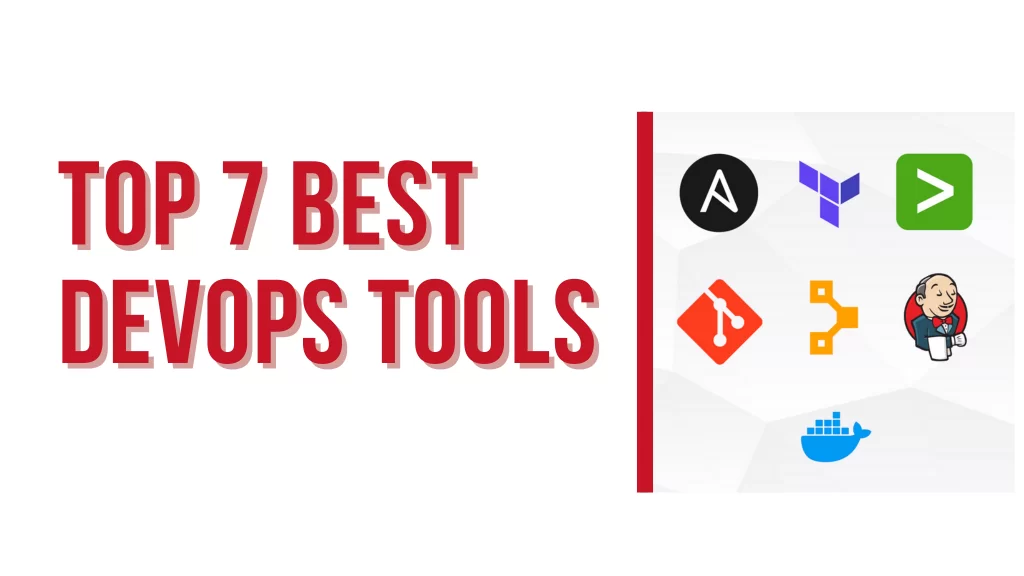
DevOps is a collaborative, communicative and automated approach to software development which aims to simplify the process of creating, testing and releasing software. Automation through the use of tools is a crucial aspect of DevOps. This article will showcase the top 7 best DevOps tools, selected for their popularity, features and user-friendliness. The tools include source control management, continuous integration, monitoring and log management. These tools will improve efficiency and accelerate the delivery of software with increased reliability for developers, testers and operations professionals.
Splunk
Splunk is a log management and analysis tool designed for DevOps teams to monitor and enhance the performance of their applications. It enables teams to gather, index, and analyze log data from diverse sources, such as servers, applications, and network devices. With its search and visualization interface, teams can quickly find and examine data with ease.
Splunk can be utilized to resolve application issues, monitor system and application health, detect performance constraints, and gain insights into business operations, customer behavior, and security threats. The tool offers real-time monitoring, alerts, dashboards and reporting, as well as ad-hoc search capabilities.
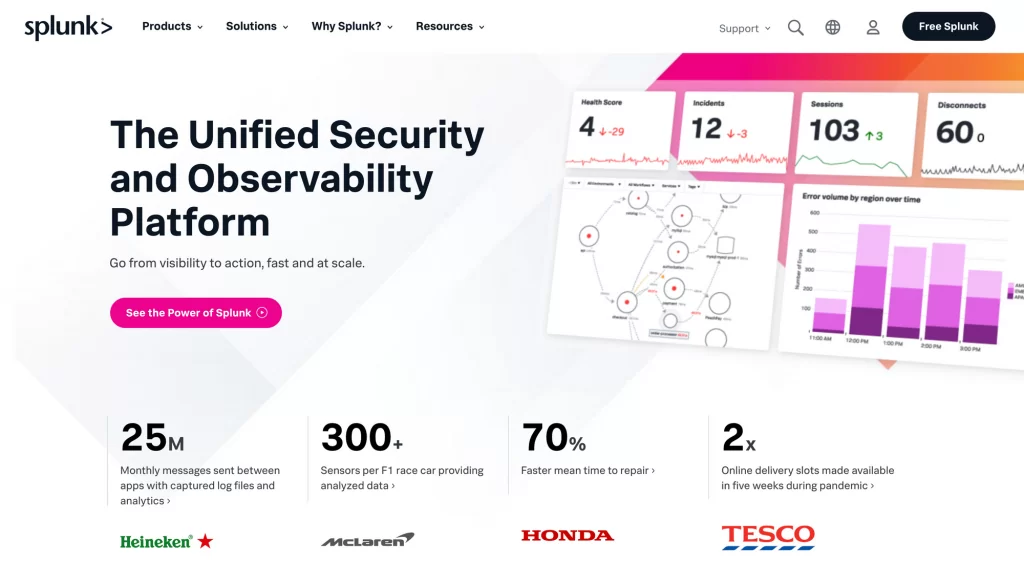
Puppet
Puppet is an open-source configuration management tool that automates the setup, configuration, and management of IT infrastructure. Its simplicity and ease of use make it a popular option for organizations of all sizes.
Puppet allows for the use of a declarative language to specify the desired state of infrastructure, and automates the process of reaching that state, including tasks such as installing and configuring software, managing system configurations, and provisioning cloud resources.
Puppet is frequently combined with other DevOps tools such as Git and Jenkins to automate the build, test, and deployment process. It is versatile and can be used to manage infrastructure across various environments, including physical servers, virtual machines, and cloud platforms.
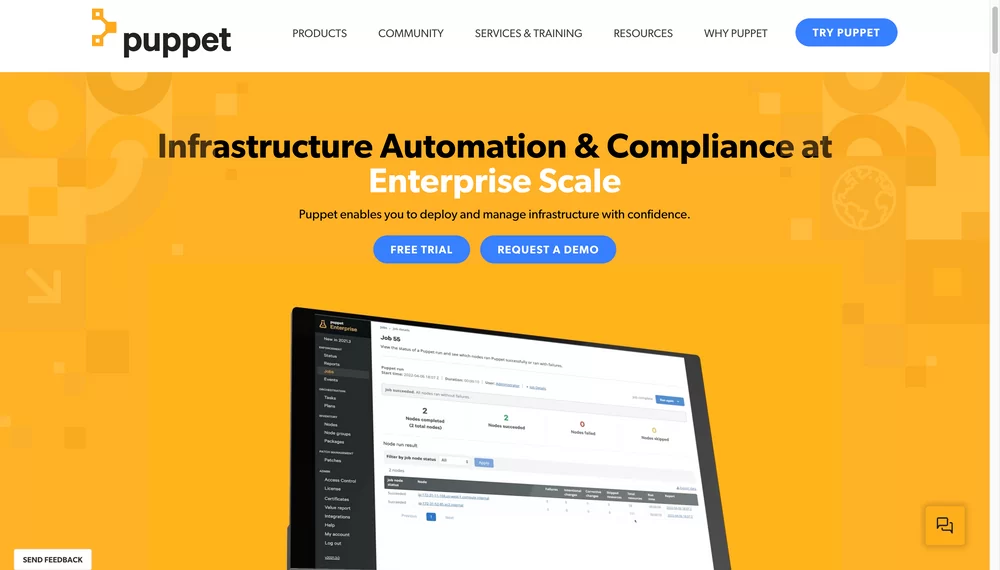
Terraform
Terraform is a tool for managing infrastructure as code. It enables developers to define and control infrastructure resources, such as virtual machines, networks, and storage, using configuration files, ensuring consistency and repeatability.
In DevOps, Terraform is utilized to automate infrastructure provisioning and management, especially in cloud environments. By defining the desired state of infrastructure in configuration files, Terraform can create and manage those resources automatically, improving efficiency and consistency in the infrastructure provisioning process and making it easier to recreate the infrastructure in different environments.
Terraform is infrastructure agnostic, allowing for management of resources across various cloud providers and on-premises environments. This versatility makes Terraform a valuable tool for DevOps.
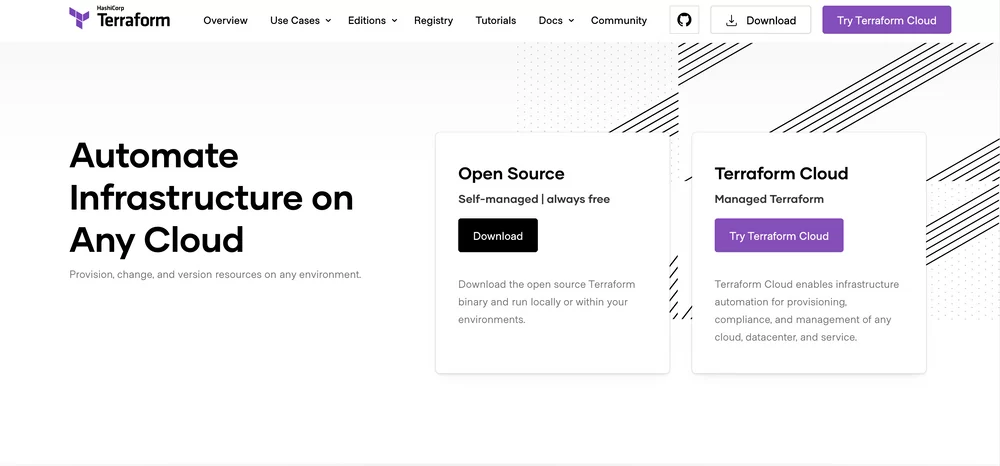
Jenkins
Jenkins is an open-source automation server commonly utilized in DevOps to automate parts of the software development process. It is especially useful for repetitive tasks like building, testing, and deploying code.
Jenkins enables the creation of pipelines that define a sequence of tasks to be executed automatically in response to events such as a code commit to a version control system. This streamlines the build, test, and deployment process and makes it more efficient.
Furthermore, Jenkins can be set up to initiate certain actions based on the outcome of the tasks. For instance, Jenkins can be configured to send an email notification to the development team if a build fails or automatically revert a deployment if tests fail.
Overall, Jenkins is a robust tool that can aid organizations in automating and optimizing their software development process, resulting in faster and more reliable software releases.
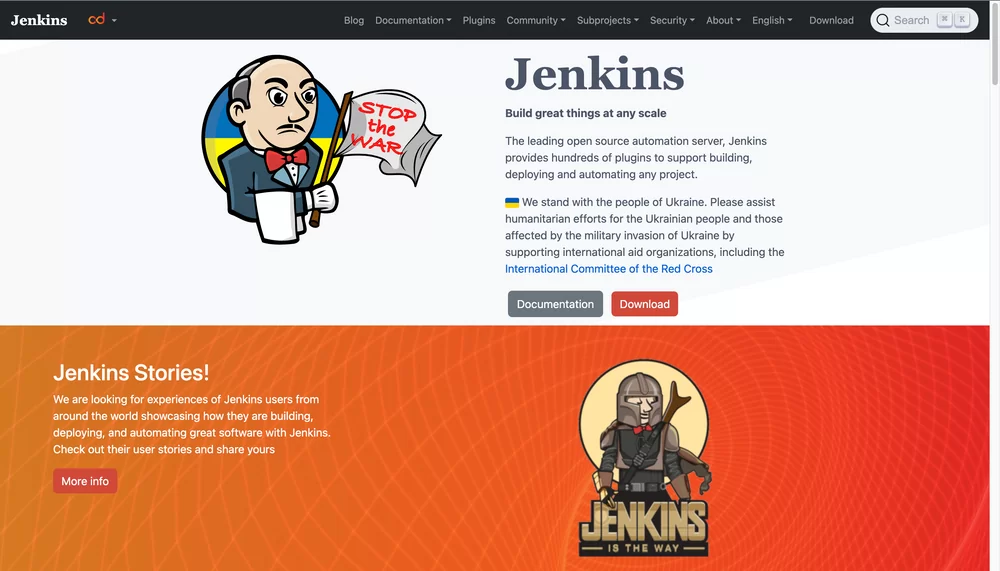
Docker
Docker is a solution that packages, distributes and executes applications in containers, a type of packaging that contains an application and its dependencies for consistent deployment and execution in different environments. This makes it ideal for DevOps as it facilitates building and testing applications locally, then deploying them to production environments with the assurance of consistent performance.
Docker also makes it simple to adjust application scale to changing demand by running multiple instances of the same application in containers on a single host or multiple hosts, increasing infrastructure efficiency and cost-effectiveness.
In conclusion, Docker is a valuable tool in DevOps, improving the consistency and efficiency of application building, deployment and execution processes, resulting in faster and more reliable software development.
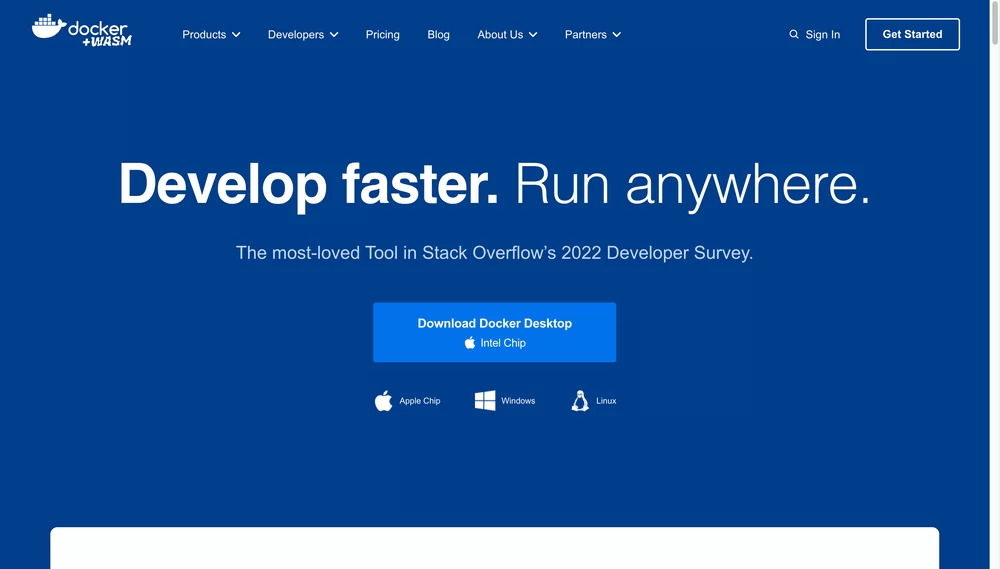
Ansible
Ansible is a widely-used, open-source configuration management tool in DevOps for automating the deployment, setup, and management of IT infrastructure. With a user-friendly and easy-to-learn design, it is a popular option for organizations of all sizes.
By using simple, declarative language, Ansible enables developers to specify the desired state of their infrastructure, which it then automates to reach that state, including tasks like software installation and configuration, system management, and cloud resource provisioning.
Integrating with other DevOps tools such as Git and Jenkins, Ansible streamlines the build, test, and deployment process, and can manage infrastructure across a range of environments, including physical servers, virtual machines, and cloud platforms.
Ansible helps organizations efficiently automate and manage their IT infrastructure, resulting in a faster and more reliable software development process.
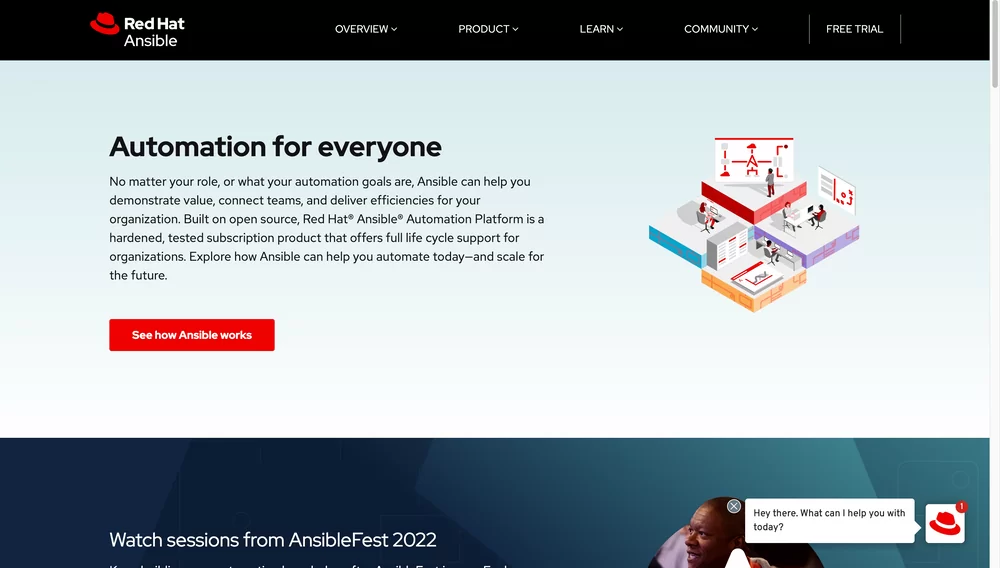
Git
Git is a well-known version control system that streamlines the tracking and management of code changes in software development. In the DevOps arena, Git facilitates the easy management and monitoring of code modifications, collaboration between developers, and automation of the build, test, and deployment cycle.
Git enables developers to take snapshots of their code whenever needed, and revert to an earlier version if required. The system also facilitates concurrent development by multiple developers, by providing a structured approach to merging code changes.
Moreover, Git integrates well with Continuous Integration and Delivery (CI/CD) tools that can automatically build, test and deploy code changes as soon as they are committed to the Git repository, thereby optimizing the software development process.

Conclusion
each of the tools described (Splunk, Puppet, Terraform, Jenkins, Docker, Ansible, and Git) plays an important role in the DevOps process, improving efficiency, reliability, and automation. Splunk provides log management and analysis for enhanced application performance, Puppet automates the setup and management of IT infrastructure, Terraform manages infrastructure as code, Jenkins automates software development processes, Docker packages and executes applications in containers, Ansible automates the deployment and management of IT infrastructure, and Git facilitates the management of code changes in software development. Used together, these tools streamline the software development process, resulting in faster and more reliable software releases.



